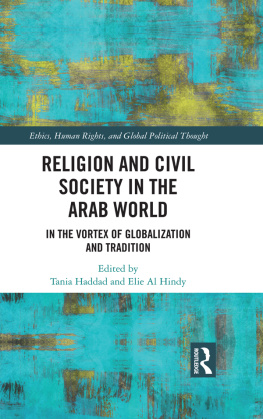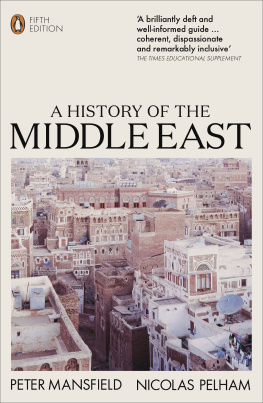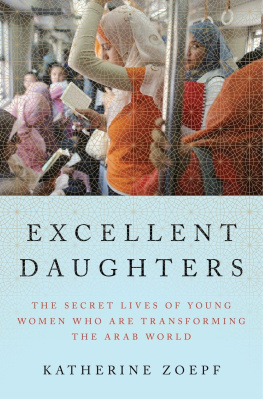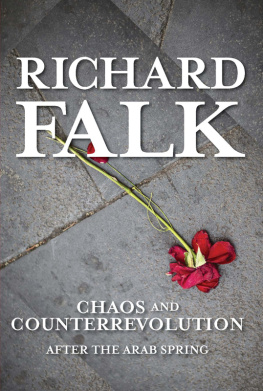Thank you for downloading this Simon & Schuster eBook.
Join our mailing list and get updates on new releases, deals, bonus content and other great books from Simon & Schuster.
C LICK H ERE T O S IGN U P
or visit us online to sign up at
eBookNews.SimonandSchuster.com
Contents
Preface
W hile my family and I were paying our respects to the boy pharaoh Tutankhamen and his gold-plated sarcophagus in a side room at the Cairo Museum, one of the guards abruptly forced us out of the room and then out of the building. Soon I learned that what I took for rudeness was desperation: something bad was coming.
That morning, August 1, 2011, my wife, my son, and I had finally found a free moment to visit the venerable museum, a scandalous jumble of poorly labeled precious antiquities less on display than randomly dumped here and there. The building is around the corner from Tahrir Square, where thousands of youth had assembled to push for the trial of deposed dictator Hosni Mubarak and of policemen who had killed demonstrators during the revolution earlier that year. Forty-five minutes before closing time, the guards had begun herding us out, declaring that the museum was closing early for the fasting month of Ramadan. It was a well-intentioned lie.
When we exited the building into the blinding daylight showering Tahrir Square, we discovered shirtless soccer fanatics, called Ultras, frantically pounding on the metal barricades with plastic bottles and other instruments. They were clearly sending a warning signal, and we did not have to look far to see the reason. Armored vehicles were pulling up on side streets with what looked like ninja police pouring out of them, armed with batons. Now we understood the panic of the museum guards: they had not wanted the tourists to get caught in the middle of the coming melee.
We half-ran, half-walked toward Talaat Harb Square a few blocks away, where we caught a taxi. I told the driver what was going on and that we wanted him to take us away from the scene as quickly as possible. There had been stories of foreigners arrested at Tahrir Square or having their cameras broken by overzealous police, and I imagined all the photos and videos I had taken that summer of the demonstrations, posters, banners, and graffiti being crushed beneath the heel of one of those black boots.
As is frequently the case with Cairo cabbies, he completely disregarded my request. Instead, he circled around and drove us as fast as he could back toward Tahrir Square. Then we got caught in Cairos notorious traffic, right next to the armored vehicles and the security police, who occasionally peered suspiciously into the taxi. I was petrified that they were going to demand our passports and accuse us of being spies or saboteurs. My camera would have contained all the evidence they needed. They would not have wanted foreign witnesses to what they were about to do.
The taxi inched its tortuous way forward. We could still hear the anxious drumming of the self-appointed guardians of the square, which was festooned with tents, banners, and posters demanding change. The police methodically tapped their open palms with their batons. Two approached our car from the front and I froze. They looked in at us with curiosity. But they were just crossing the street.
After an eternity, the taxi reached the square and turned right, toward the Nile island of Zamalek, and made its way down a highway lined with more armored vehicles, beside which masses of police and soldiers stood. Every inquisitive glance was a threat.
Finally, we were away. I exhaled in relief as we crossed the October 6 Bridge over the languorous Nile. Not long after, we heard that all the protesters had been chased away, all the tents pulled down, and all the banners and posters trampled. Some of the banners had demanded the resignation of the military government, and the military had given its reply.
Young people are the key to the rapid political and social change in the Arab countries that have been in turmoil since 2011.
The massive crowds that gathered in Tahrir Square in downtown Cairo in January and February 2011 pushed the long-ruling dictator Hosni Mubarak out of power and brought down one of the Middle Easts most powerful governments. The protesters in Cairo had taken their inspiration from similar events in Tunisia in December and January. In turn, youthful crowds challenged their rulers in Bahrain, Libya, Yemen, and Syria. Smaller movements produced hurried cosmetic changes in Jordan, Morocco, and Oman. Attempts by the erratic dictator Muammar Gaddafi to crush Libyas protest movement with tanks and artillery led to a United Nations Security Council plea for outside interventionanswered in sometimes problematic ways by NATO and the Arab Leagueand evolved into civil war. In June and July 2013 millions of Egyptian youth came out for an encore performance, driving from office their first elected president, the Muslim Brotherhood leader Mohamed Morsi, and signaling that Arab youth were not done fashioning their future. The networked youth movements protested the idea of presidents for life being succeeded by their sons in a kind of dynastic succession. They rejected censorship, arbitrary arrest, police brutality, and torture. They developed a concept of personal freedom emphasizing the dignity and autonomy of citizens with regard to their bodies, convictions, and lifestyles (an entire Egyptian nongovernmental organization was formed around this notion). It is unsurprising that they had only partial success in pressing for the implementation of their ideals in the three years after the fall of the dictators. What is surprising is that in societies dominated by police states for decades, these millennials made new social and media spaces in which their demands could be voiced and small steps could be taken toward achieving them.
The most consequential organizations for the overthrow of long-serving dictators in the regions republics were made up of left-liberal youth living in towns and cities, and so they are my primary focus. They were distinguished by their preference for a horizontal model of organization instead of a hierarchy, so that leadership tended not to be centralized. They had years of experience in dissidence, beginning in the early twenty-first century, and in avoiding political taboos. That is, their predecessors had often identified political groups with whom they refused to work, whereas the engaged youth often had wider horizons and were more pragmatic, possibly because their preference for interactive networks and horizontal organization made an inclusive approach easy and a sectarian one difficult.
My travels in Tunisia, Egypt, and Libya have given me a good sense of the issues on the ground. Not only was I able to interview and talk to a wide range of participants in these dramatic events, but I was able to collect rare pamphlets and books and to photograph posters, placards, graffiti, and other visual sources for attitudes and political demands. In Tunisia I found secular middle-class activists firmly confronting militant fundamentalists who were deploying violence to protest film showings and art exhibits, defending the right to be unreligious and warning that the Muslim al-Nahda (Renaissance) Party wanted to turn Tunisia into another Iran. In Egypt I was present on several occasions when the famed Tahrir Square erupted in large protests, in what many youth clearly felt was an unfinished revolution. Tensions between the relatively secular youth movements and the Muslim Brotherhood were palpable and would come to a head in 2013. In Libya I visited a hastily erected war museum in Misrata and Benghazis symbol of revolt, the citys courthouse, haunted by a generation of the disappeared, those made political prisoners and done away with by the Gaddafi regime.








